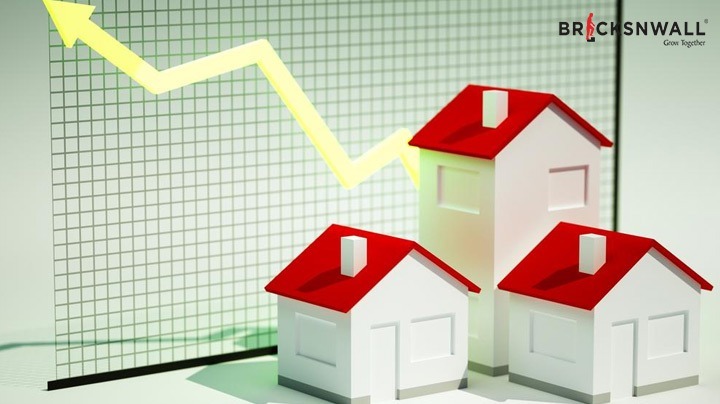Factors that affect home affordability
Koheli

You've
heard it a million times: Location, location, location. But when considering
the affordability of your next home purchase, it should be research, research,
research.
So many
factors can make or break your ability to afford a dream home. How do you
navigate them all? First and foremost: Educate yourself. Research local markets
and compare the prices of similar homes to get an idea of what you can afford.
And don't forget about taxes:
It may seem
like a lot of work—and it is! But with proper research and consideration of all
these factors, you can find a place to call home on a budget that’s right for
you. This article will look at all the crucial factors to consider when
unlocking home affordability.
How
to Calculate Your Housing Costs
When buying a home, there are
plenty of factors to consider, but the most important is affordability.
Figuring out how much you can spend on your home and associated costs starts
with calculating your housing costs.
When it
comes to housing affordability, some of the key elements include:
● Down
payment amount: The bigger your down payment is, the lower your mortgage loan
amount will be, meaning smaller monthly payments.
● Mortgage
Term: The length of your loan term can determine how much you pay in interest.
Shorter loan terms come with higher monthly payments, but in the long run, you
may pay less in interest.
● Interest
Rate: You’ll want to compare rates across lenders when budgeting for a new
home—the rate can significantly affect how much you pay each month.
● Property
Taxes & Homeowners Insurance: Along with your mortgage payments, don’t
forget about property taxes and homeowners insurance—these will be part of your
total housing costs.
● Other
Costs: Lastly, factor in other costs such as private mortgage insurance (PMI)
if you put less than 20% down on the home purchase price, plus closing costs
and any potential repairs or renovations that may be needed once you move in.
Checking
Credit Scores and Loan Pre-Qualifications
Knowing your
credit score and what kinds of loans you qualify for are critical factors in
determining your home's affordability.
Credit
Score
Your credit
score is between 300 and 850, which credit bureaus determine based on the
payment history of your past loans (mortgages, car loans, credit cards, etc.).
The higher your score, the more likely you are to qualify for a loan with a
competitive interest rate.
Loan
Pre-Qualification
Loan
pre-qualification is obtaining an estimated loan amount from lenders before
applying for a mortgage. You'll need to give them information about your
income, total debts, and employment history so they can assess your overall
financial health.
Smart
Budgeting and Preparation
Before you
delve into home affordability, it helps to grasp your current financial
situation well. The most important aspect of planning for homeownership is
smart budgeting. You'll want to know exactly how much you can afford to spend
on your new home and understand the total cost of owning a home, including
property taxes, homeowners insurance, and other expenses.
You'll also
need to prepare for the upfront costs of purchasing a home—not just the down
payment and closing costs but any necessary repairs or renovations that need to
be done as soon as you move in. Having an emergency fund set aside will help
ensure that unexpected costs don't cut into your budget.
Conclusion
Home
affordability isn't as straightforward as it may seem. There are many factors
to consider when trying to afford a home, and it's essential to consider each
of them. Breaking down each factor allows you to understand the complexities of
the home affordability process and make informed decisions.
Whether you are buying a home or renting, it's critical to ensure that you can sustain your monthly payment to build your financial security. Be sure to do the necessary research and talk to a financial professional if unsure about any aspect of the process. You are on your way to unlocking home affordability with the correct information and guidance.




